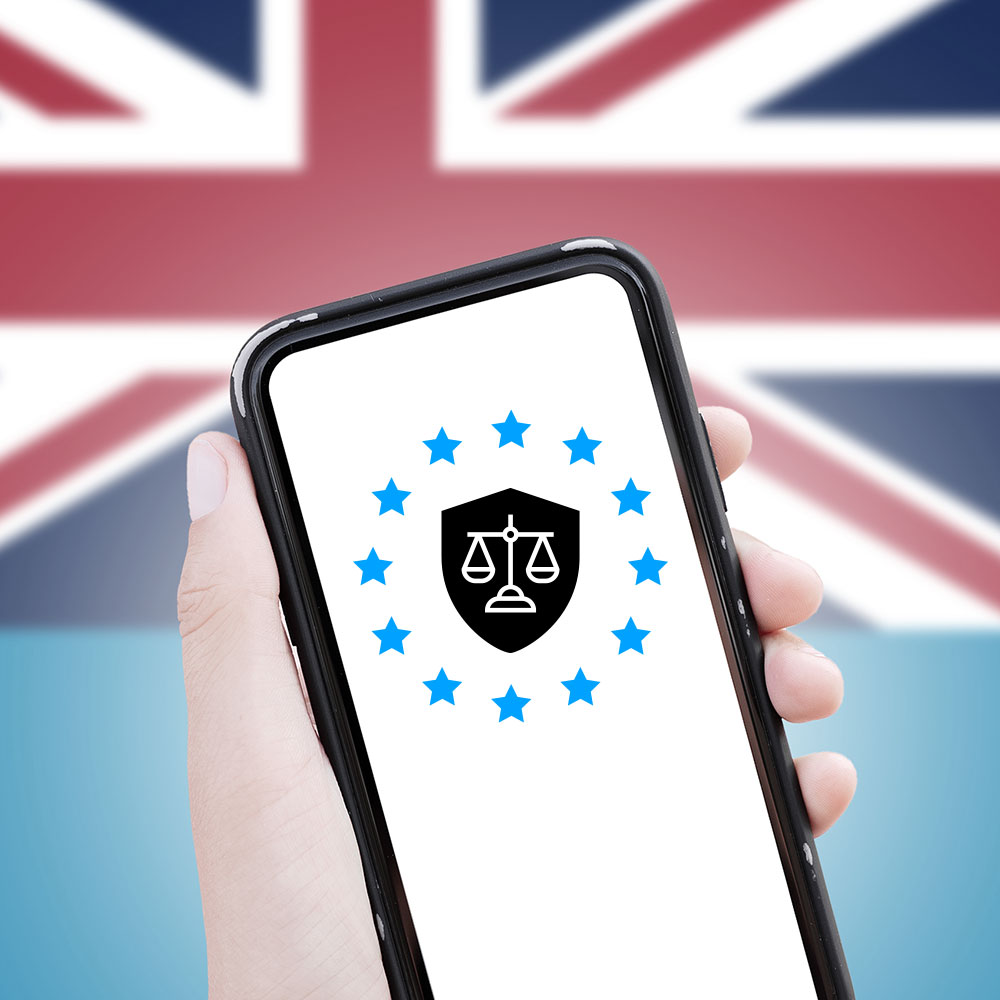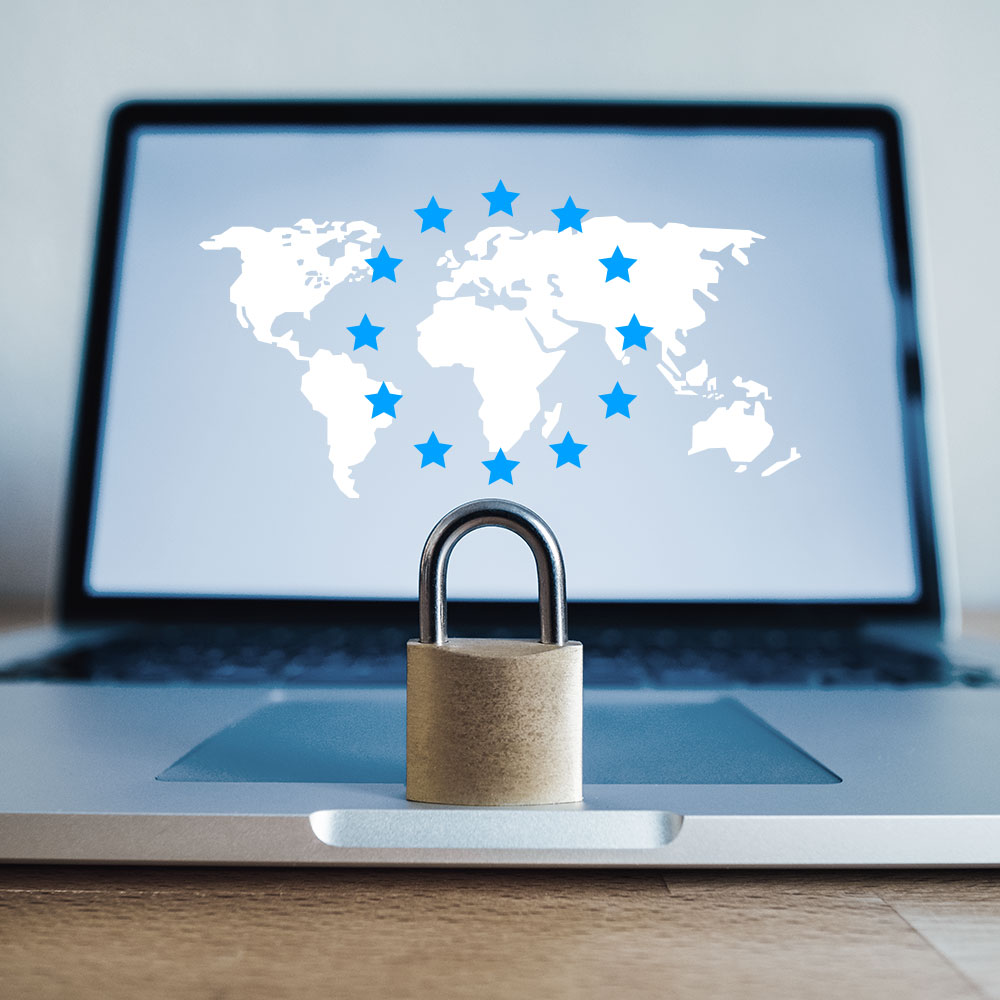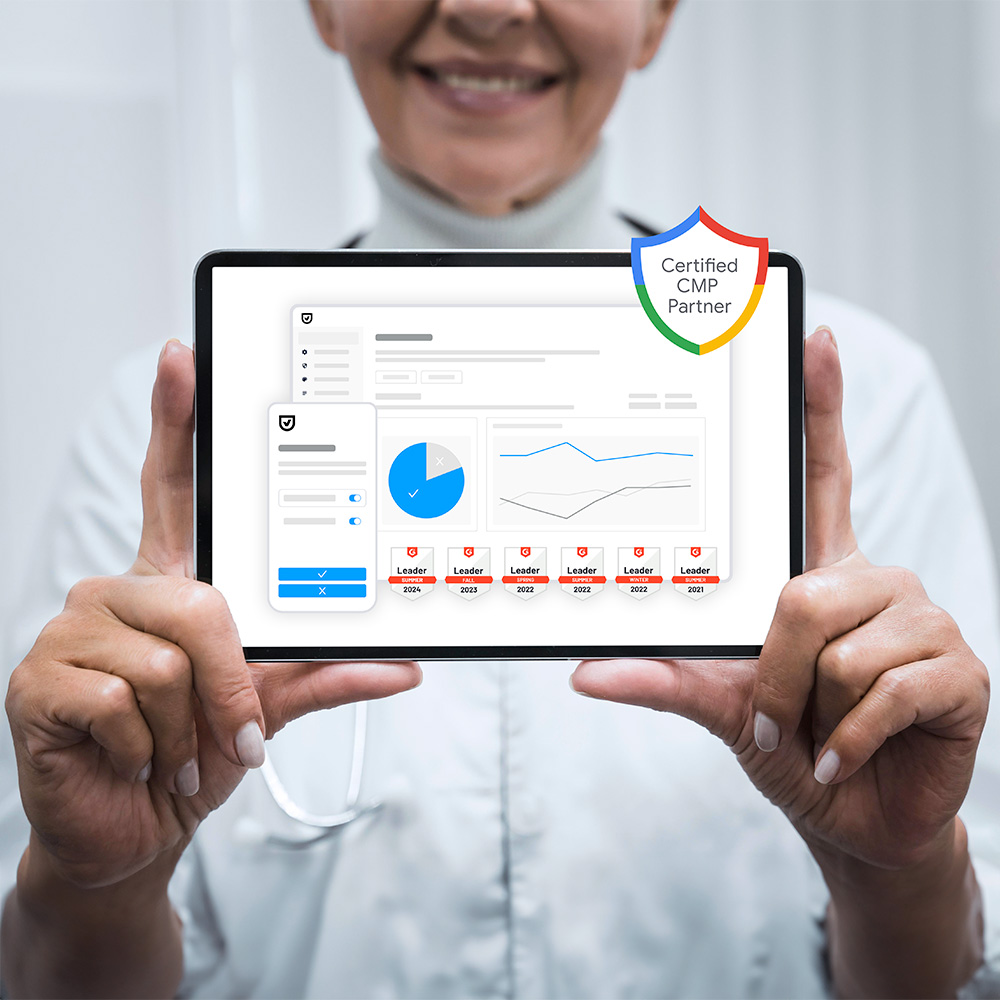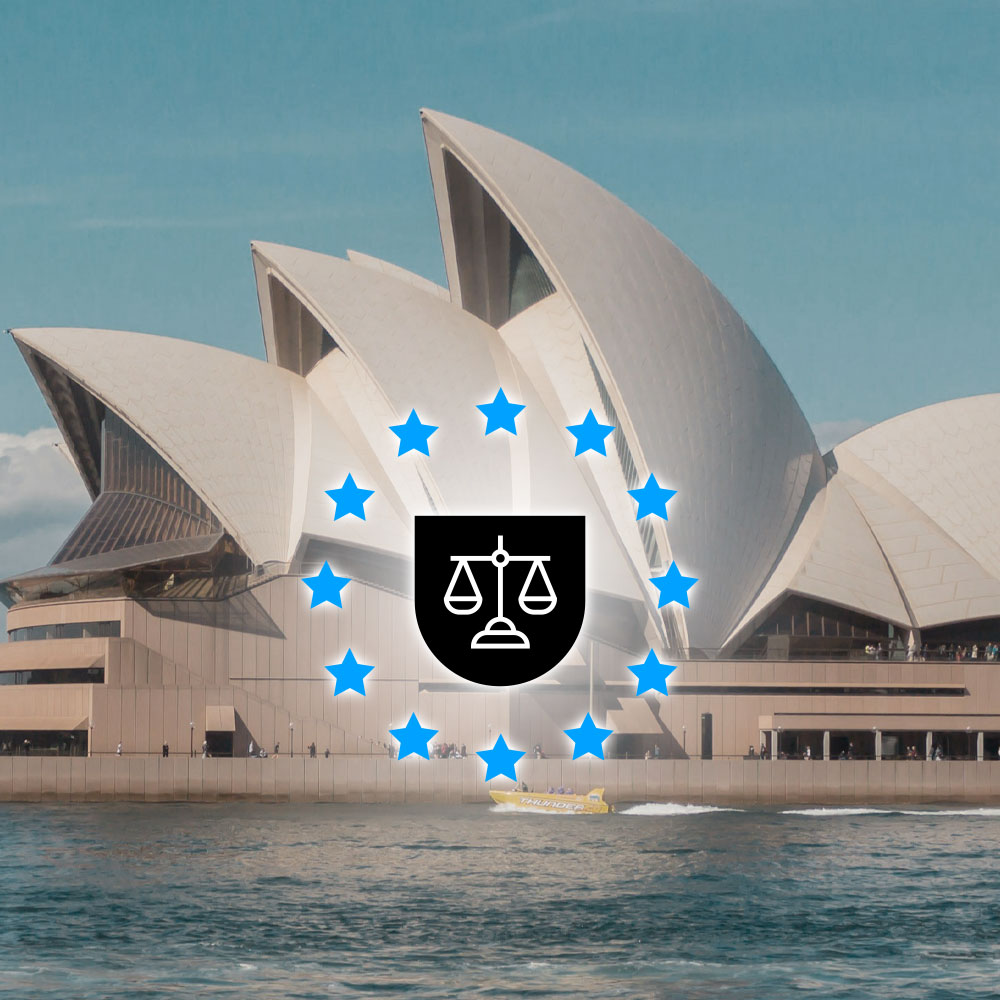Usercentrics blog
Dive into our blog articles for insights on data privacy, product news, and regulatory updates. Discover trends in privacy-led marketing, and explore tools and strategies to optimize user consent and increase revenue.
Oct 15, 2025
Changing the internet for good: A milestone on our journey
Usercentrics surpasses €100M ARR, marking a major milestone in redefining data privacy as a driver of trust and growth. CEO Donna Dror reflects on how, with Privacy-Led Marketing, global partnerships, and innovations like Server-Side Tagging, Usercentrics is proving that transparency, compliance, and performance can thrive together — changing the internet for good.
Oct 14, 2025
The UK GDPR: an overview
The UK General Data Protection Regulation (UK GDPR) is the cornerstone of data protection in the United Kingdom. Together with the Privacy and Electronic Communications Regulations and Data Protection Act 2018, it governs how organizations collect, use, and secure personal data. Learn what the UK GDPR requires by law, how it differs from the EU GDPR, and how to achieve and maintain UK GDPR compliance.
Oct 10, 2025
Website cookie notices: what you need to know
Learn what a website cookie notice is, how it aligns with GDPR and CCPA compliance requirements, and the essentials you need to know to add and maintain an effective cookie notice on your website.
Oct 10, 2025
Understanding Google Analytics cookies: consent, compliance, and alternatives
Google Analytics cookies provide insights into user behavior, but privacy laws now require explicit consent before tracking. Learn how cookies work, the consent requirements in the EU and US, and practical alternatives to maintain analytics while respecting user privacy.
Oct 9, 2025
A guide to GDPR countries: Do you need to comply?
Get a clear picture of the GDPR across the globe. From EU member states to countries with strict enforcement, this guide provides insights and examples to help your business understand where and how to comply.
Oct 9, 2025
What is a Google-certified consent management platform and why do you need one?
Understanding Google consent management platform (CMP) requirements in the context of the TCF v2.2 is crucial for businesses and their digital advertising. We explore how to select a Google-certified CMP partner to navigate advertising privacy compliance in the EU, EEA, and UK and integrate with Google’s advertising services.
Oct 8, 2025
GDPR and Australia: what Australian businesses must know
We explore the GDPR’s global reach and its implications for Australian businesses. Get clarity on when the GDPR applies, key compliance requirements, and consequences of noncompliance, and differentiation from Australia’s Privacy Act. We also provide practical tips and best practices for achieving and maintaining GDPR compliance.
Oct 8, 2025
CRM and the GDPR: A guide to compliant customer relationship management
From consent management to secure data handling, GDPR requirements shape proper CRM usage. This guide shows you how a compliant CRM can help you protect data, meet legal standards, and win customer trust.
Apr 18, 2023
Our picks of the 6 top CookieYes alternatives for consent management in 2024
We outline some of the best options for compliantly obtaining and managing user consent. Here are our picks for the best alternatives to CookieYes.
Apr 18, 2023
Online
Our picks of the 6 top CookieYes alternatives for consent management in 2024
We outline some of the best options for compliantly obtaining and managing user consent. Here are our picks for the best alternatives to CookieYes.
Apr 18, 2023
Our picks of the 6 top CookieYes alternatives for consent management in 2024
We outline some of the best options for compliantly obtaining and managing user consent. Here are our picks for the best alternatives to CookieYes.
Apr 18, 2023
Our picks of the 6 top CookieYes alternatives for consent management in 2024
We outline some of the best options for compliantly obtaining and managing user consent. Here are our picks for the best alternatives to CookieYes.
Our picks of the 6 top CookieYes alternatives for consent management in 2024
We outline some of the best options for compliantly obtaining and managing user consent. Here are our picks for the best alternatives to CookieYes.
Stay in the loop
Join our growing community of data privacy enthusiasts now. Subscribe to the Usercentrics newsletter and get the latest updates right in your inbox.










